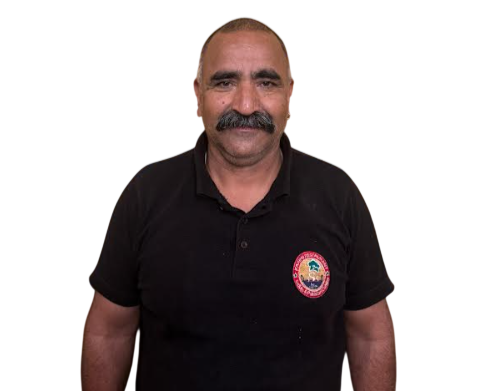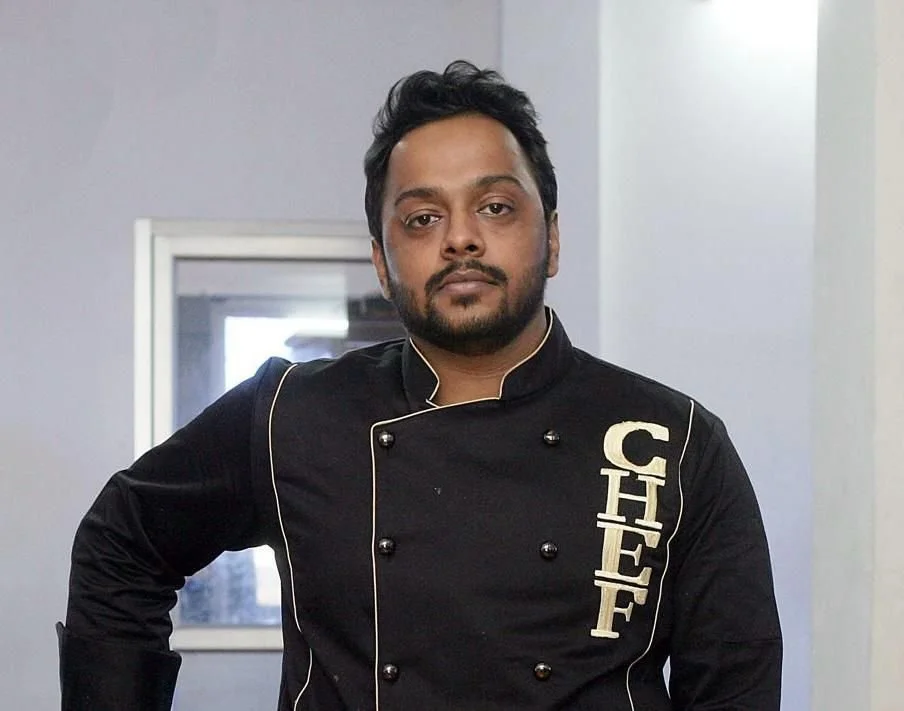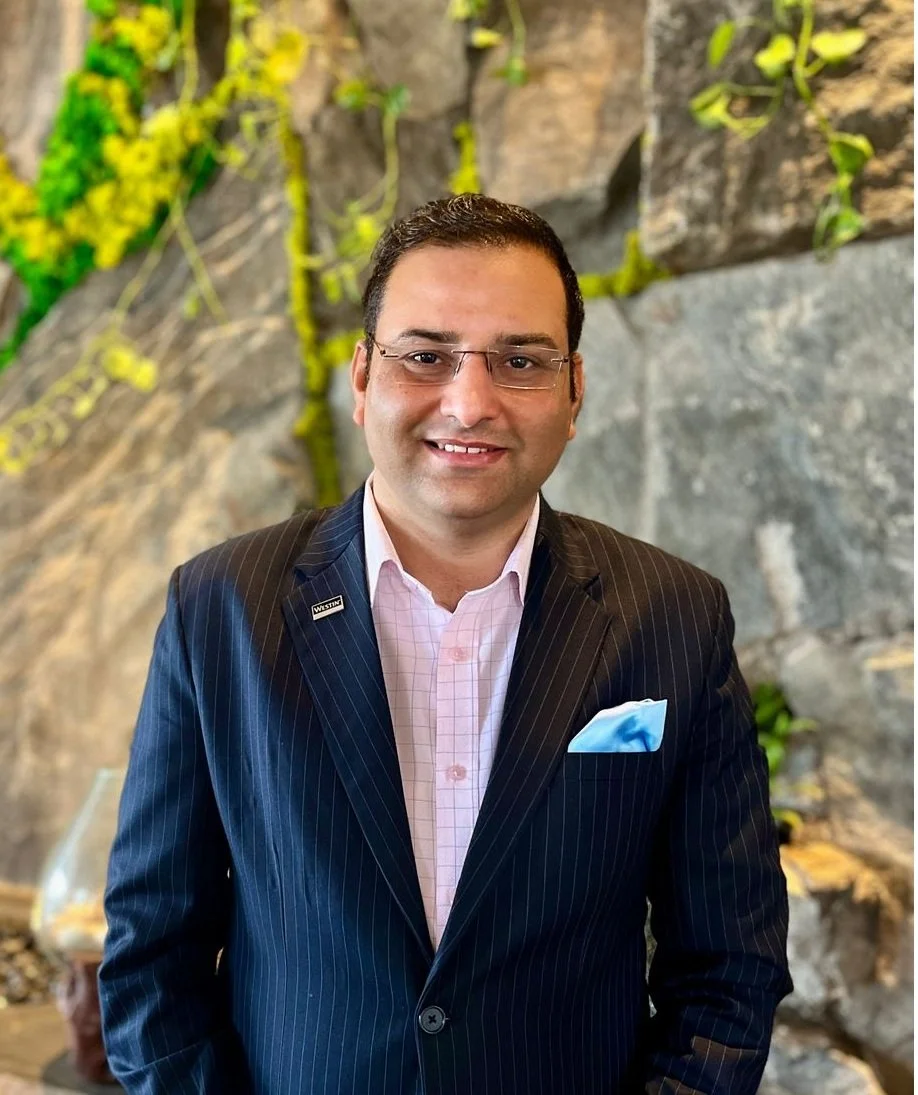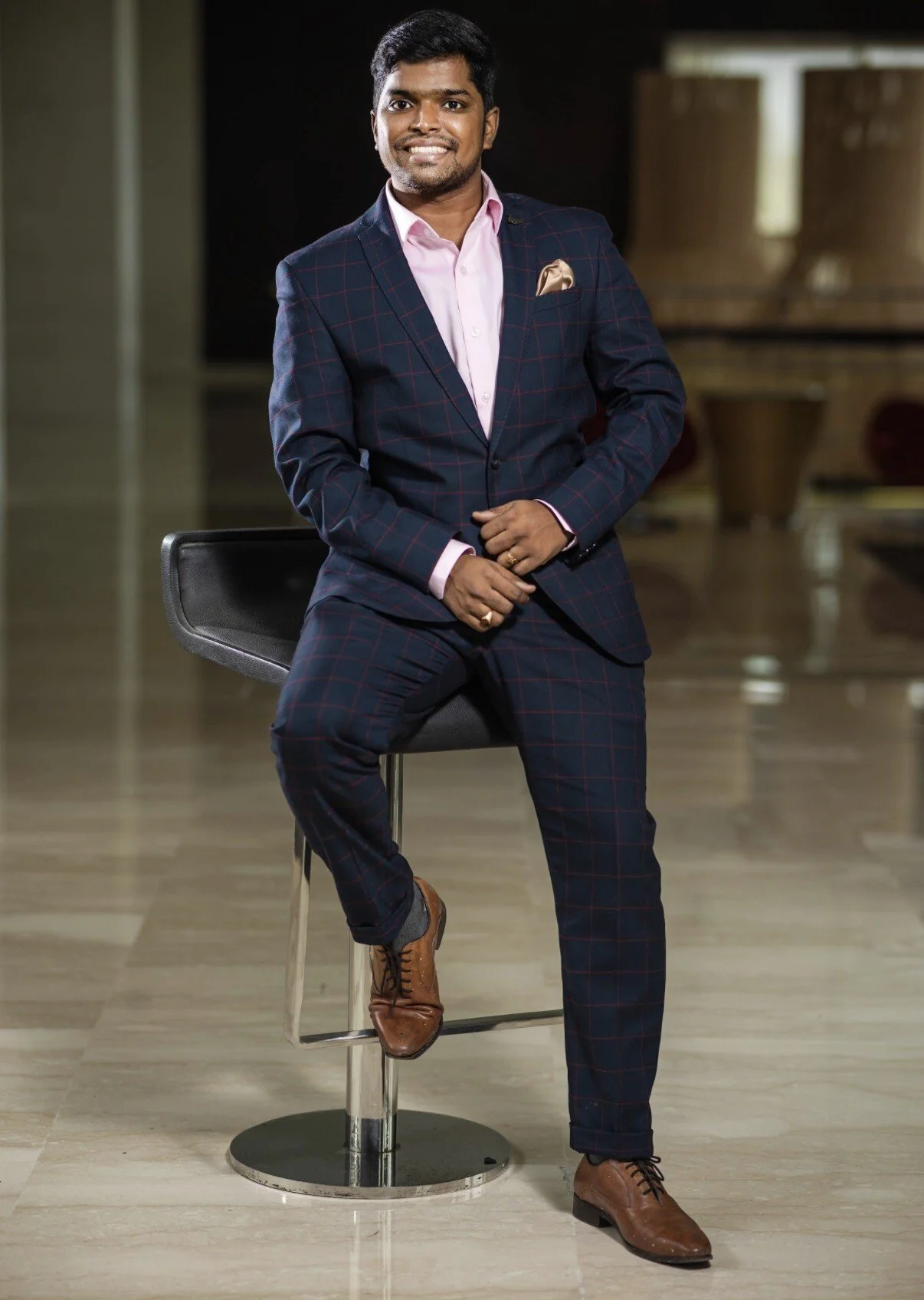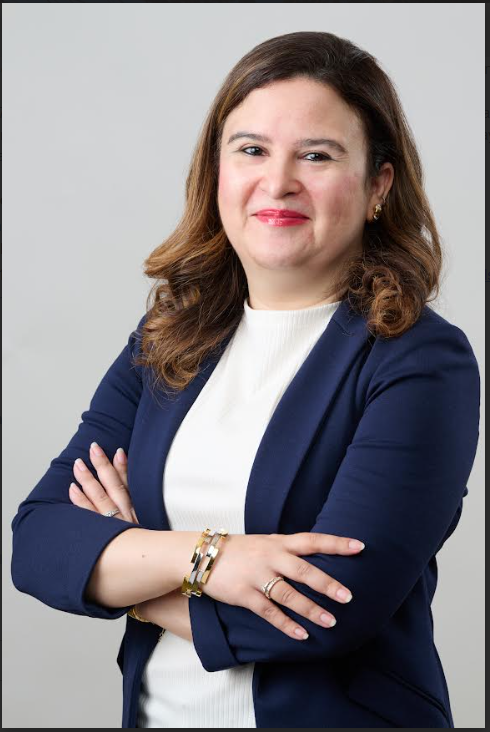How did it all start? Share your culinary journey with us.
Growing up, I was fascinated by the grandeur and professionalism of the hospitality industry. My father's work in hospitality exposed me to the excitement of celebrations and events. Those early experiences left a lasting impression, drawing me to this dynamic field.
What are your earliest memories of the kitchens you worked in?
As a commis, I was overwhelmed yet thrilled by the scale of operations. I recall the butterflies in my stomach, but my eagerness to learn and make a mark in the industry drove me forward. Working under esteemed chefs and learning from their expertise shaped my foundation.
A dish your patrons/guests love
Choshan stir- fried fish with orange peel is a very unique dish from China. The balance of flavors and textures creates a wonderful dish.
I focus on sourcing the freshest ingredients and perfecting it.
A dish that you love but do not have on your menu
Kombdi Vade is a traditional Indian dish from my hometown. I love making it because it connects me to my roots. The combination of fried Indian pancakes and flavorful spicy chicken curry is a perfect representation of Indian cuisine's diversity.
What, according to you does it take to become a successful chef?
Perseverance, patience, a positive outlook, and unwavering willpower are vital. Staying updated with industry trends, adapting to change, and fostering a supportive team environment also contribute to success.
What advice would you give to a young culinary student?
Develop your soft skills, empathy, and self-presentation. Communication is crucial in our industry. Focus on building strong relationships with your team and suppliers. Stay curious, keep learning, and be open to feedback.
What instruments/ equipment/devices you cannot imagine working without?
My wok, combi oven, and thermo mix are essential tools.
Your favorite ingredient is…
Triphal, or Indian Sichuan peppercorn, is my favorite ingredient – its unique flavor adds depth to various dishes.
Name chefs, you find amazing or chefs work you admire.
Antonio Bachour's creativity and attention to detail are truly inspiring. His ability to balance flavors and textures is remarkable.
What books should every chef read?
Donna Hay's books are excellent resources for culinary inspiration and technique.



